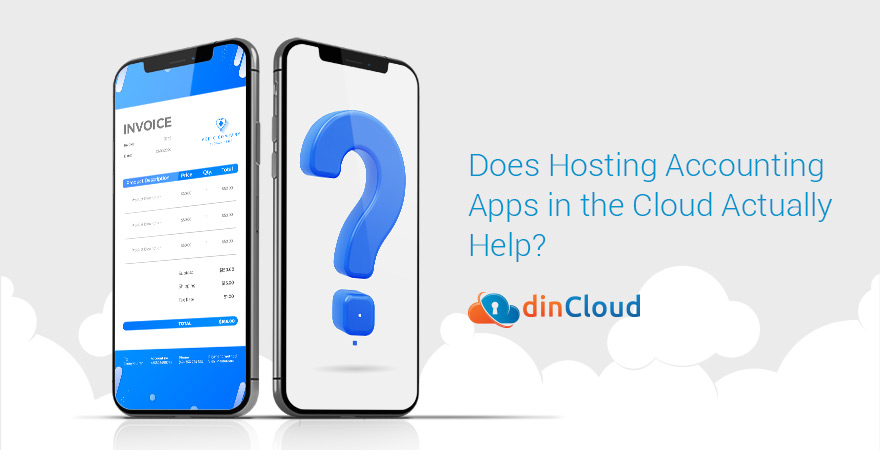Most of us must have come across the saying “money never sleeps”. If that is the case, then it is quite logical that the systems and mechanisms which record financial transactions also never go offline. The process of recording financial transactions never stops.
Organizations, whether commercial or not for profit, need to keep track of their incomes, expenses, profits and loses etc. For this, they need elaborate accounting software and applications that make this daunting task somewhat easier.
In the design process of accounting software and applications, there are two main considerations to look out for. Firstly, the accounting software solution must conform to how the organization operates or functions.
If there is a conflict between how a company’s operations are structured, and how financial transactions are being recorded, the result would be chaotic. Secondly, accounting software must adequately meet the financial regulations governing that business.

The challenges for accounting software and applications that we have highlighted above are just covering the basics. Things get way more complicated, when unforeseen disruptions like the Covid-19 pandemic wreak havoc with traditional operating procedures.
The Legacy Approach to Accounting
Due to the sensitive nature of accounting records, and in an attempt to keep them away from prying eyes that don’t need to know everything, most companies and accounting software designers used to keep this an on-premise affair.
However, a global pandemic changed all these traditional approaches to hosting accounting software, applications and solutions. Now, enterprises were faced with the challenge of making these accounting systems visible, accessible and workable remotely.
When enterprises started weighing in on the options that they had, they found that the Cloud was a highly suited ecosystem for enabling the access to accounting systems from remote locations, outside the physical confines of the organization.
The Challenges of Data Integrity
However, there is still a major challenge that lies ahead of enterprises when they are planning a transition to the Cloud from legacy, on-premise systems. This issue is that of data integrity, when it is moved from one environment to another.
This issue exists because despite the adoption of most top quality accounting solutions for both on-premise deployment and the Cloud, things get tricky when there is a “lift and shift” of accounting data from on-premise environments to cloud environments.
So, there is a very practical solution to this issue, which results in minimal disruption to the recording process of financial transactions, while also fulfilling the requirement of giving employees remote access to financial accounting systems.
This solution comes in the form of Cloud Service Providers (CSP) like dinCloud, which offer a wide array of cloud solutions from Hosted Virtual Desktops, Servers, Databases and more. This in turn covers all the core aspects around which accounting software work.
Cloud Hosted Virtual Desktops act as a means of keeping financial records up to date, whether from the physical workplace or some remote location. Cloud Hosted Virtual Servers can be leveraged to adopt a complete “lift and shift” operation.
That way, you seldom face the data integration issues, which normally occur when shifting from an on-premise version of an accounting software to its cloud native counterpart. Instead of taking this risk, enterprises can avail dinCloud’s Hosted Servers and Databases.
Another approach that offers a lot of benefits during the transition phase is, shadowing the recording of financial transactions and reports generation at both on-premise as well as cloud based versions of the accounting software.
This approach could be a pain point to implement in the initial days of the transition, but it will all be worth the pain if enterprises can gauge the suitability, efficacy, stability and accuracy of the newly adopted cloud solution, before fully embracing the Cloud.
Conclusion
No matter where you may be in your transition to the Cloud, a personalized service, support and assistance from your Cloud Service Provider (CSP) could prove instrumental in resolving some of the most common bottlenecks you may face in the process.
As a leading Cloud Service Provider (CSP), Customer Service and Support are a key differentiating factor for dinCloud. Right from the commencement of your transition to the Cloud till the end, our dedicated and competent specialists will be there to assist you.
Contact dinCloud for a full range of cloud solutions for your accounting operations and let us take care of the rest for you.


